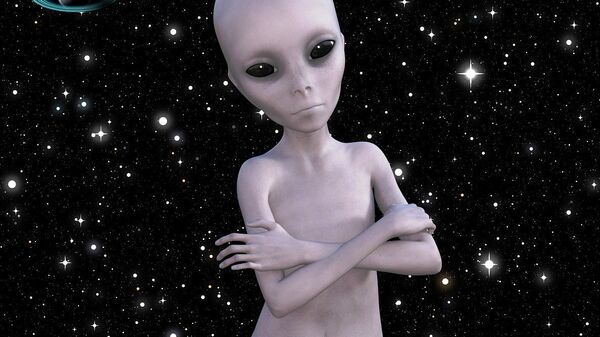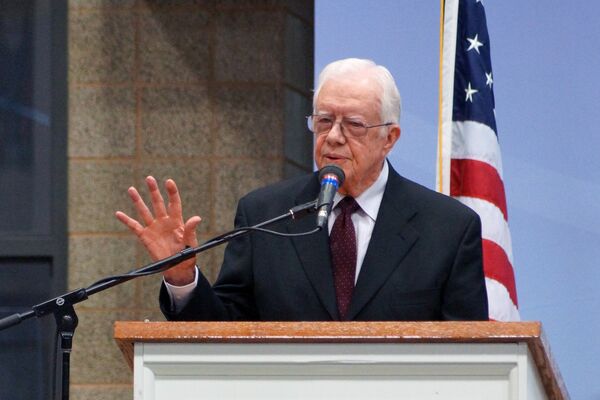In 1939, one the eve of the outbreak of World War II, Churchill looked to the skies, scanning the heavens not for incoming Messerschmitts and Focke-Wulfs, but alien life — and penned an 11-page article, Are We Alone in the Universe? In it, he muses about the existence of extraterrestrial life, and the prospect of human exploration of space.
An essay on alien life written by Winston Churchill has been discovered nearly 80 years later: https://t.co/myVU3E7OUx pic.twitter.com/dNXXw9vu79
— Nature News&Comment (@NatureNews) February 16, 2017
Still though, while primarily concerned with aliens, Churchill does reference the seismic events brewing on the European continent, writing that he was "not so immensely impressed by the success we are making of our civilization here." As a result, he was prepared to think humans were not "the highest type of mental and physical development which has ever appeared in the vast compass of space and time."
The article's journey to public recognition was convoluted and protracted. Originally intended for publication in a newspaper, it never appeared at the time, although Churchill returned to the draft in the 1950s, updating its contents in line with updated scientific understanding of the universe.
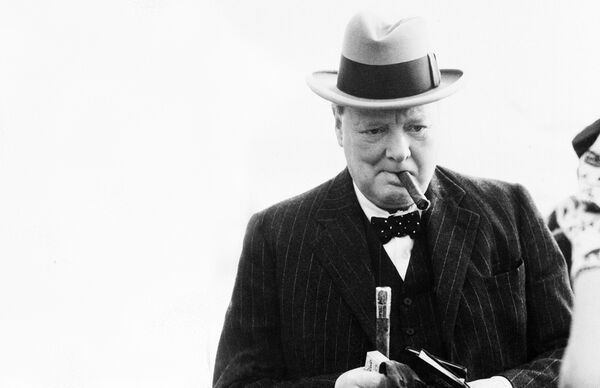
Again, it went unpublished, and languished among Churchill's unsorted personal effects, before being passed to the National Churchill Museum in Fulton, Missouri in the 1980s. It was stumbled upon by the institution's director in 2016, who then passed it to an Israeli astrophysicist, who then wrote an article detailing its contents in a scientific journal.
Churchill is frequently heralded for his prescience for warning of the looming Nazi menace in the 1930s, a period in which Western politicians were praising, appeasing and even equipping Adolf Hitler's Germany. However, the essay demonstrates the wartime leader also had a prophetic eye for science. His thoughts about the planets presages many modern arguments in astrobiology, he notes the fundamental importance of liquid water to life, and suggests stars would host planets.
New documents show Winston Churchill believed that aliens probably exist — and so do most Brits (52%) https://t.co/otifzv5DeK pic.twitter.com/ZJiNuMsu6O
— YouGov (@YouGov) February 16, 2017
Over 50 years prior to the discovery of exoplanets, Churchill correctly surmises that many distant worlds would "be the right size" to retain water on their surfaces, and thus "possibly an atmosphere of some sort." Many of these planets, he theorizes, would be "the proper distance from their parent sun to maintain a suitable temperature."
Of course, Churchill doesn't get everything right — he concludes Venus and Earth are the only regions of the solar system capable of supporting life, whereas it's now known Venus is inhospitable to almost every conceivable lifeform, and the glacial moons near Jupiter and Saturn are much more likely hosts for alien life.
Due to copyright issues, there are as yet no plans to publish the article, although the Churchill Museum is said to be working to resolve these for future publication.
While Churchill was perhaps the first Western leader to express a belief in life on other planets — but he certainly wasn't the last.
General Douglas MacArthur, the famed Second World War soldier and the occupation governor of Japan, predicted in 1955 that the next war would be "an interplanetary war," and called on the nations of the earth to "make a common front against attack by people from other planets… the politics of the future will be cosmic, or interplanetary."
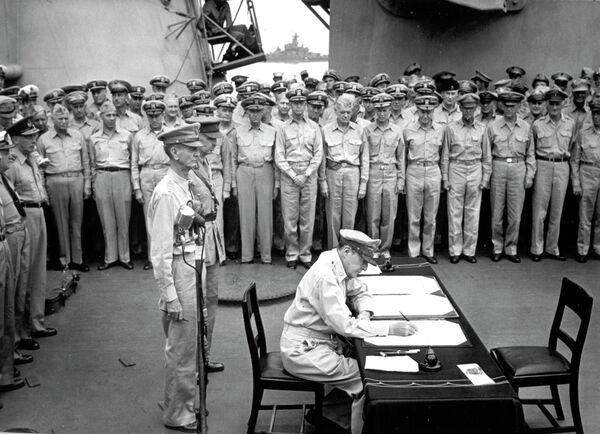
In 1975, while campaigning for President, Jimmy Carter pledged to make all secret US government documents on UFOs public if elected. He said he didn't laugh at people who claimed to have seen UFOs, as he'd seen one himself in 1969.
Ronald Reagan, US President from 1980 — 1988, likewise said he had seen a UFO himself.
"I looked out the window and saw this white light. It was zigzagging around. I went up to the pilot and said, 'Have you ever seen anything like that?' He was shocked and he said, 'nope.' And I said to him: 'Let's follow it!' We followed it for several minutes. It was a bright white light. We followed it to Bakersfield, and all of a sudden to our utter amazement it went straight up into the heavens."
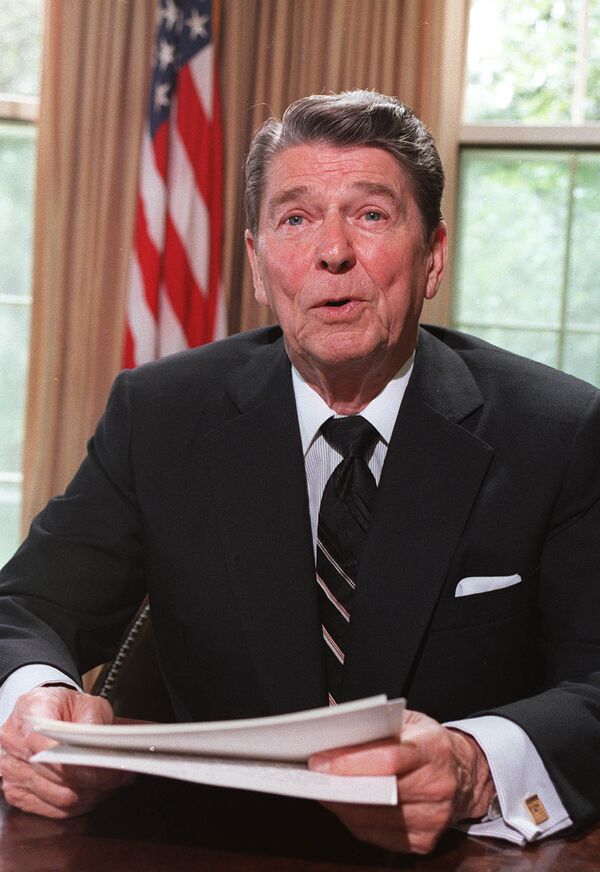
Subsequently, at a peace summit in Geneva, Reagan asked Mikhail Gorbachev, the Soviet Union's final leader, for his support in the event of an invasion of Earth by aliens. For his part, Gorbachev said the "phenomenon" of UFOs "does exist, and it must be treated seriously."

